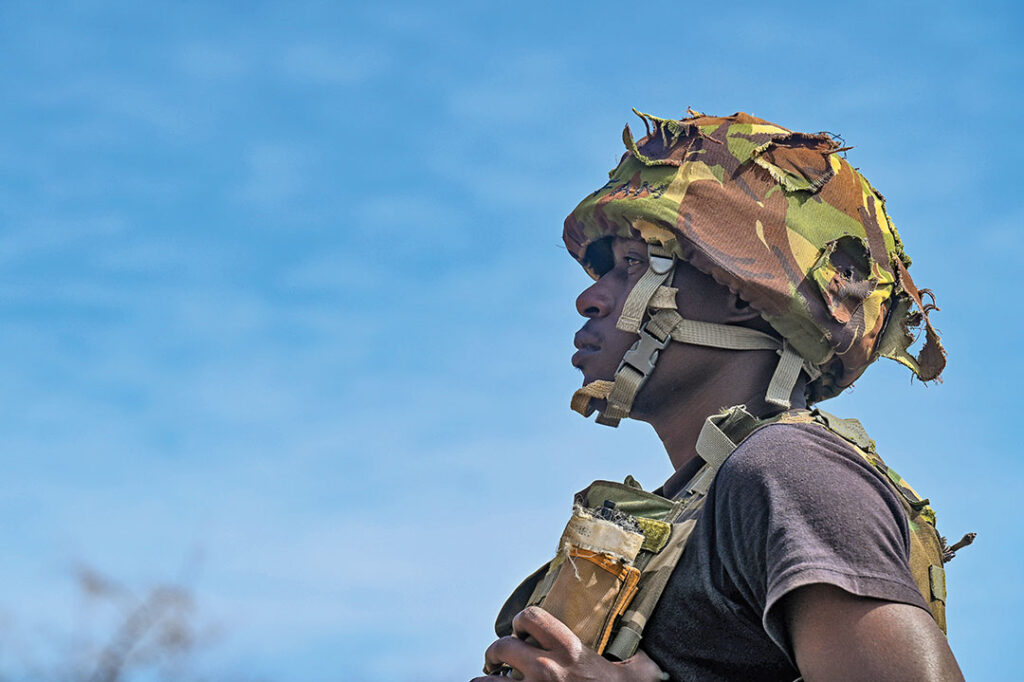U.S. Africa Command Staff
A cross the globe, militaries are transforming. They’re updating tactics and strategies to respond to asymmetric threats. They’re opening new professional military education institutions to meet the demands of young enlistees hungry to learn and older officers eager to stay sharp. The highest-performing militaries are stamping out old practices connected to corruption and bias.
These efforts are linked to the core values of service, integrity, political neutrality and a respect for constitutional order. The process of living up to these values can be called “security sector transformation” or “professionalism,” but it all amounts to moving forward.
Yet these ideals have not gone unchallenged. Some countries allow members of the military to be involved in politics and even take power at the point of a gun. Others believe soldiers should have the right to profit from their position. Still others believe advancement in the military should be more about who you know than what you have achieved.
It will be up to the next generation of civilian leaders and security sector professionals to chart the way forward and determine which model they would like to follow. African nations’ military and security forces strive to be viewed as respected and trusted institutions, but earning and maintaining that respect requires hard work and a willingness to reform when necessary.
As Africa’s militaries work to achieve high professional standards, they must be equally demanding of their partners. Bilateral and multilateral partnerships are essential to producing the strategies, skills and leadership needed to take on 21st century threats. But partnerships are not all created equal. They must be transparent to be authentic. They must be based on shared values to endure. And they must have a foundation of mutual respect.
As militaries look to the future, they must ask themselves how the plans and partnerships they put in place today are paving the way for the peace and prosperity of tomorrow.

